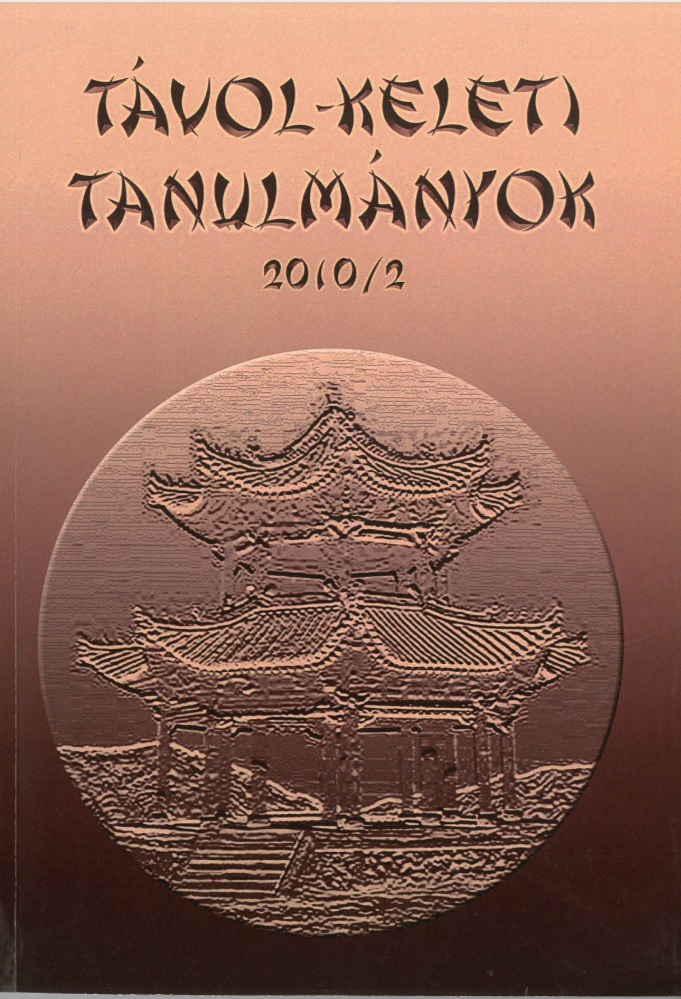Published 2011-09-18
How to Cite
Copyright (c) 2013 the author(s)

This work is licensed under a Creative Commons Attribution-NonCommercial 4.0 International License.
Abstract
When the Han dynasty was established in 202 B.C, it inherited a sophisticated system of criminal law from the Qin dynasty. According to recently found manuscripts, such as those unearthed in Zhangjiashan, the legal system has not changed much in the first decades of the Han dynasty. The system of punishments was rather complicated: it included different forms of the capital punishment, mutilations, forced labour and other means of retribution. The first significant reform of the system of punishments was introduced by Han Wendi (r. 179–
157 B.C.). His reforms were propagated as humanitarian acts that mitigated punishments, and abolished mutilations. However, in practice, the changes brought about the aggravation of penalties in many cases, and some forms of mutilation were actually converted to death penalty. Thus, while propaganda stated that punishments were made lighter, they were in fact made stricter. As a result, Han Wendi’s son, Han Jingdi (r. 157–141 B.C.) introduced a set of new reforms. The article describes the system of punishments of the Han dynasty prior to and following the reforms of Han Wendi, based on traditional and newly found sources; then goes on to analyse the reforms of Han Wendi as described in the Xingfazhi chapter of the Hanshu. The study makes it clear that the legal system is never ‘ready’, it needs continuous improvement and modification to
adapt to the changes of times, and that there is always a difference between the intention of lawmakers and the actual implementation of laws.
